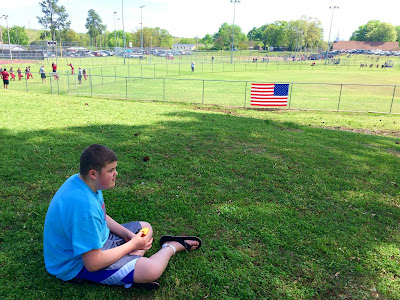Children with autism get assistance and therapy in school.
It is once they graduate school and enter “the real world” where their services
are lacking. Few adults with autism get assistance or therapy once they are out
of high school. When you look out in the world of disabilities, autism is
something that is more acknowledged to be in children. People don’t think about
those children with autism growing up and not “growing out” of their autism.
Vision 2025 says that “occupational therapy maximizes
health, well-being, and quality of life for all people…” I feel like when it
comes to autism the vision has been better applied in the younger population.
The issue of serving adults with autism involves working with a population that
is underserved and working towards maximizes the quality of life for them. Things
that would be beneficial to adults with autism would be going over how to act
appropriately in the community and around other people, how to properly show
their frustration, and many other social cues. I see many people when in the
community, like at Walmart, staring at a young adult who has autism or some
other disability. Not only would working with someone, who is an adult with
autism, helps the person but it can also work to help the community be more aware.

Garrett doesn’t look like a kid anymore and sometimes that
can raise people’s interest and make them concerned. While there are many
adults in the world that have autism, Garrett is the reason that I think the
specialty area of adults with autism is so important- not only for him to
receive help but for others to be aware. Knowing somebody that is about to be a young adult with autism, makes this topic much closer to home and makes it something that I am passionate about. No person should have to go without resources just because they have turned a certain age. Vision 2025 addresses this issue some and I feel like the topic of adults with autism really embraces that everyone deserves to have to fullest life possible, regardless of age or ability.


No comments:
Post a Comment